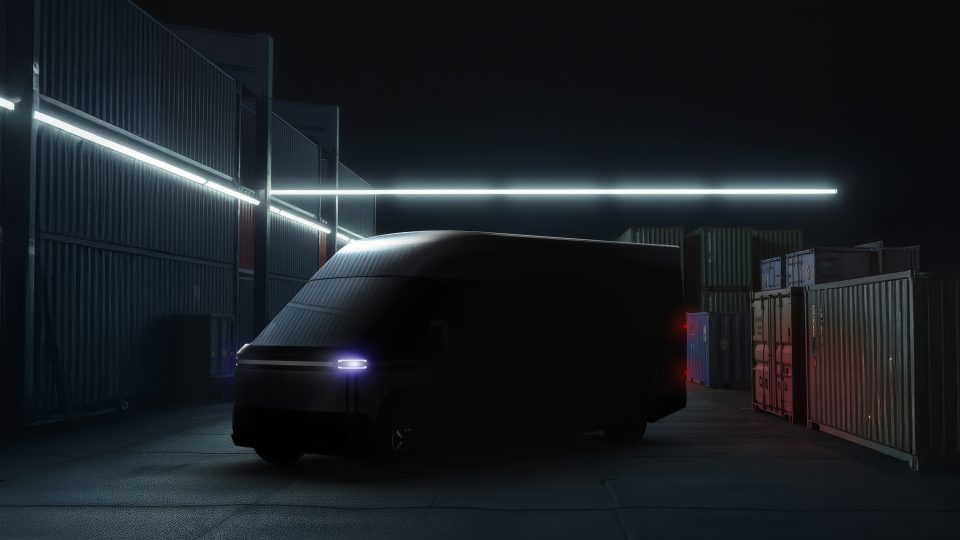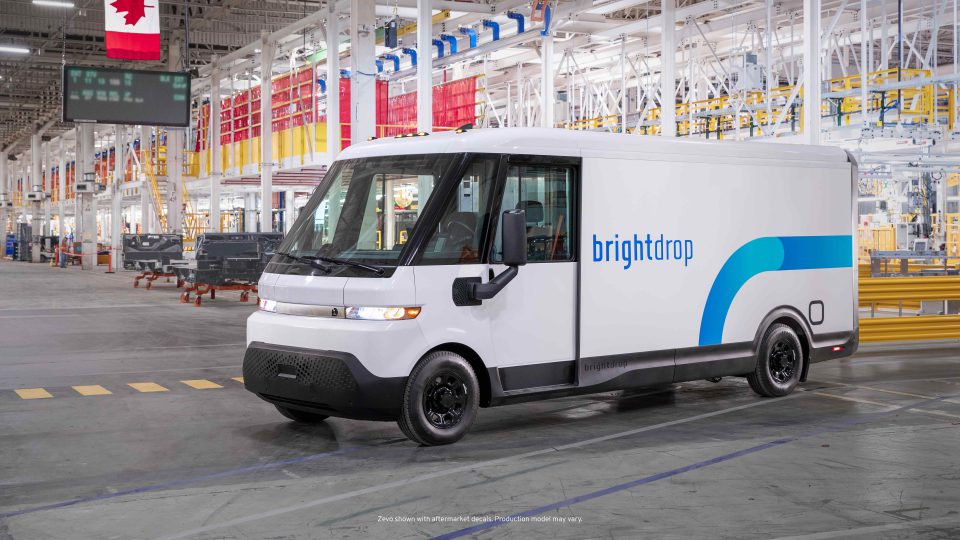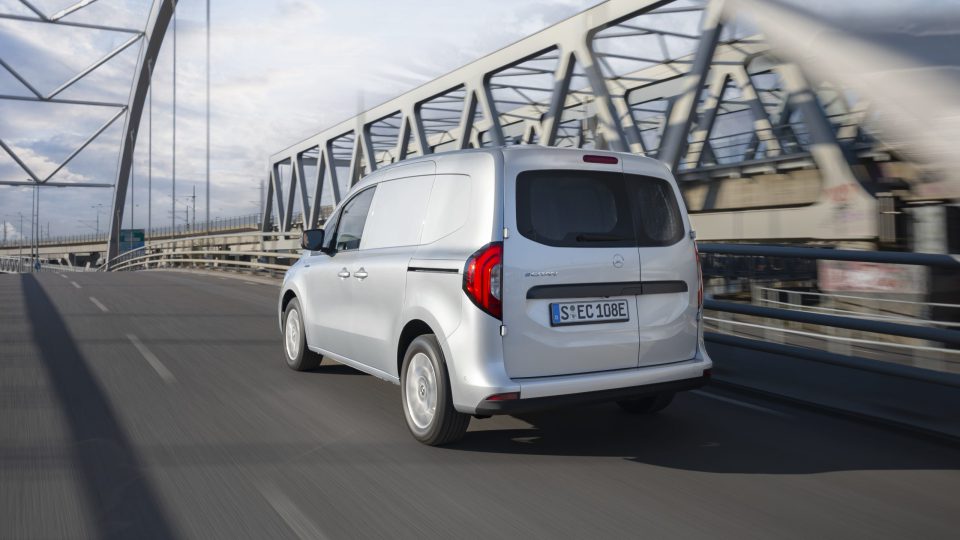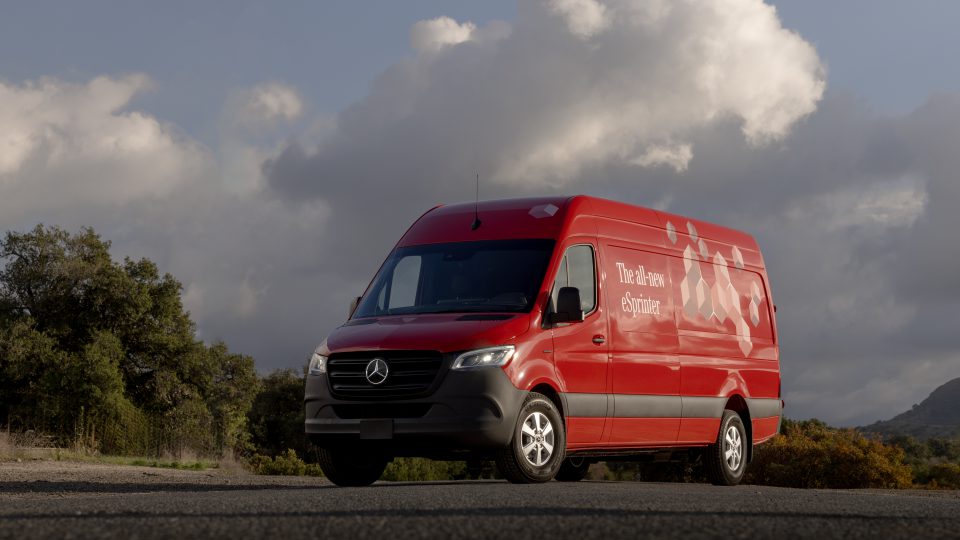Renault Master E-Tech Electric, the Aerovan design allows for 460 WLTP range
The electric van, which will be available from Spring, this year, is equipped with two battery options, 40 kWh and 87 kWh. The “Aerovan” design and a new, fully optimised platform have helped to reduce power consumption by more than 27% compared with the current generation.
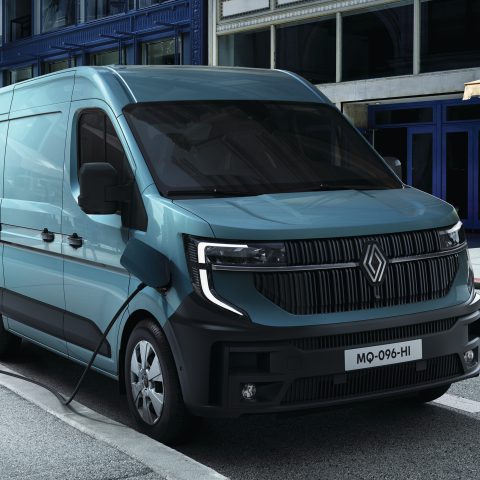
The new Renault Master E-Tech Electric, launched at the end of last year at Solutrans Lyon, features range up to 460 km, according to the WLTP standard. The electric van, which will be available from Spring, this year, is equipped with two battery options, 40 kWh and 87 kWh, optimised in terms of capacity, size and mass.
According to Renault, such impressive performance has been made possible by its “Aerovan” design and a new, fully optimised platform, which have helped to reduce power consumption by more than 27% compared with the current generation. Technically speaking, the battery packs are built into a single casing and designed for driving requirements in cities as much as in suburbs. And they do not hamper the vehicle’s payload capacity – which is an essential criterion in this segment.
Renault Master E-Tech, engineered in a wind tunnel
New Renault Master E-Tech electric was engineered in a wind tunnel. The prototypes spent thousands of hours in the tunnel during development then, given the van’s size, certification tests were carried out in wind tunnel built for aircraft. The powertrain’s performance was upgraded with a 300 Nm/105 kW motor and a transmission system with one of the highest ratios in the heavy electric van market.
New Renault Master E-Tech electric boasts 1,625 kg of payload capacity. and can tow 2.5 tonnes. Its consumption remains reasonable, at 21 kWh/100 km (WLTP) with the 87 kWh battery. Talking about charging options, a 130 kW DC fast charge adds 252 km of range in 30 minutes. A 22 kW AC home Wallbox tops up the battery from 10% to 100% in under 4 hours.
The three versions (ICE, electric and hydrogen) of the new Renault Master and all the bodies come from the same production line in Batilly (near Metz, eastern France).




